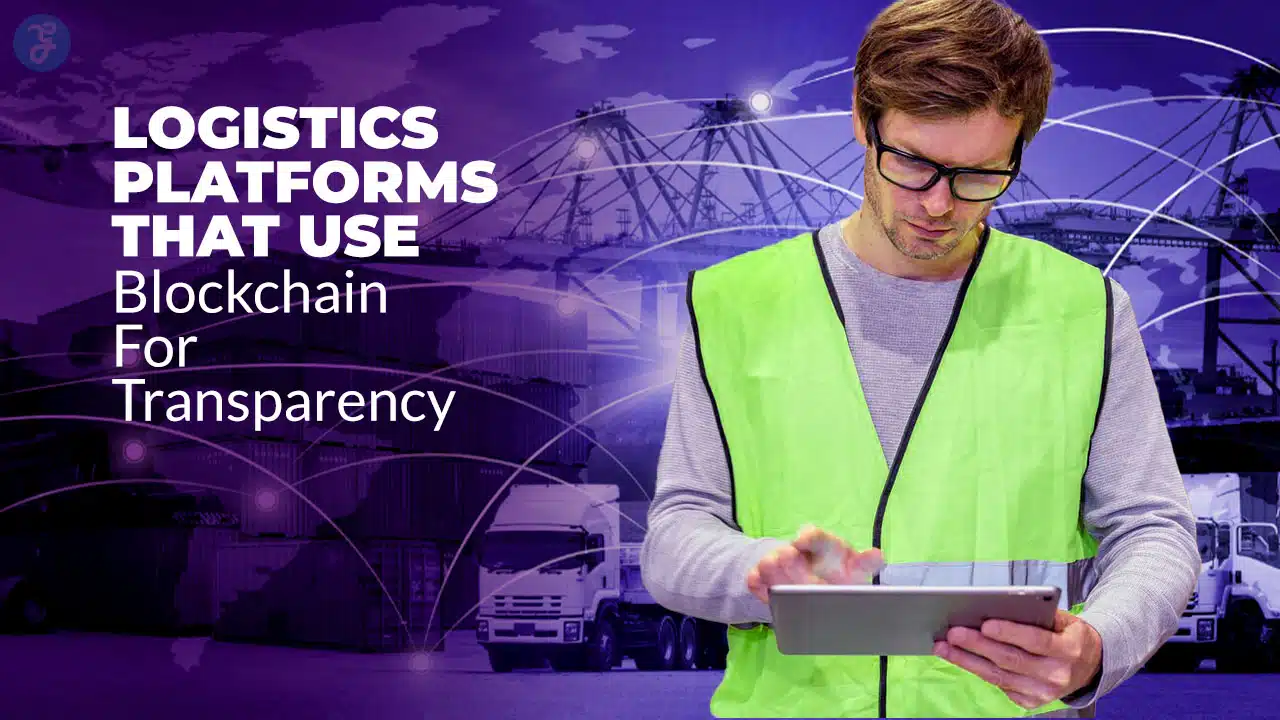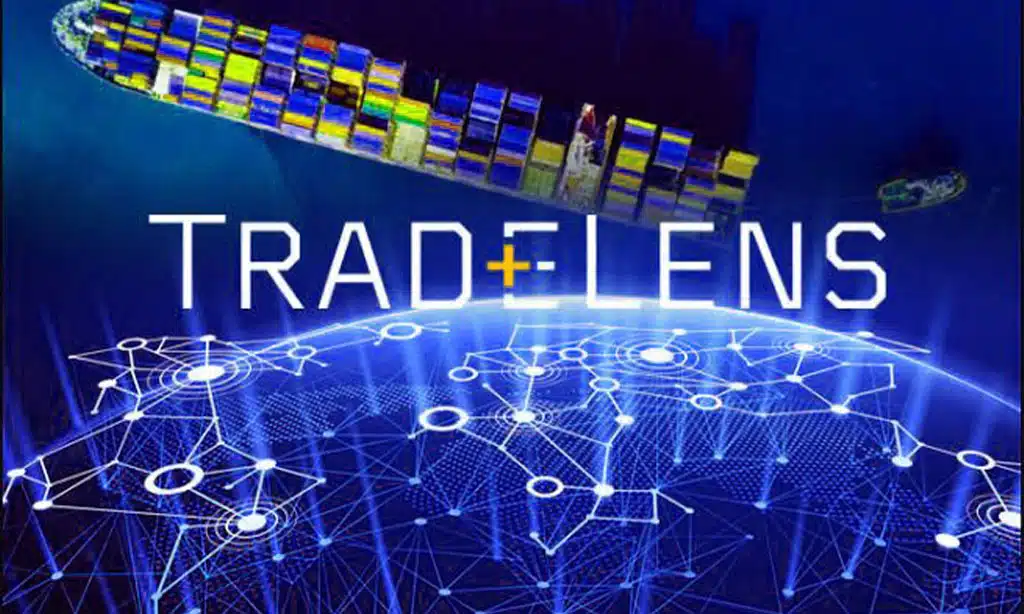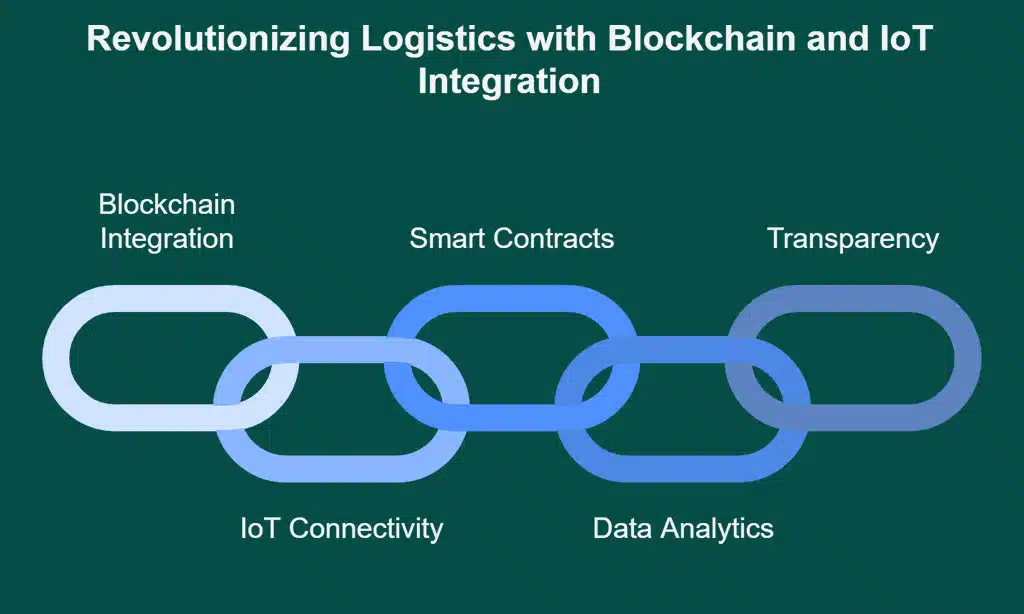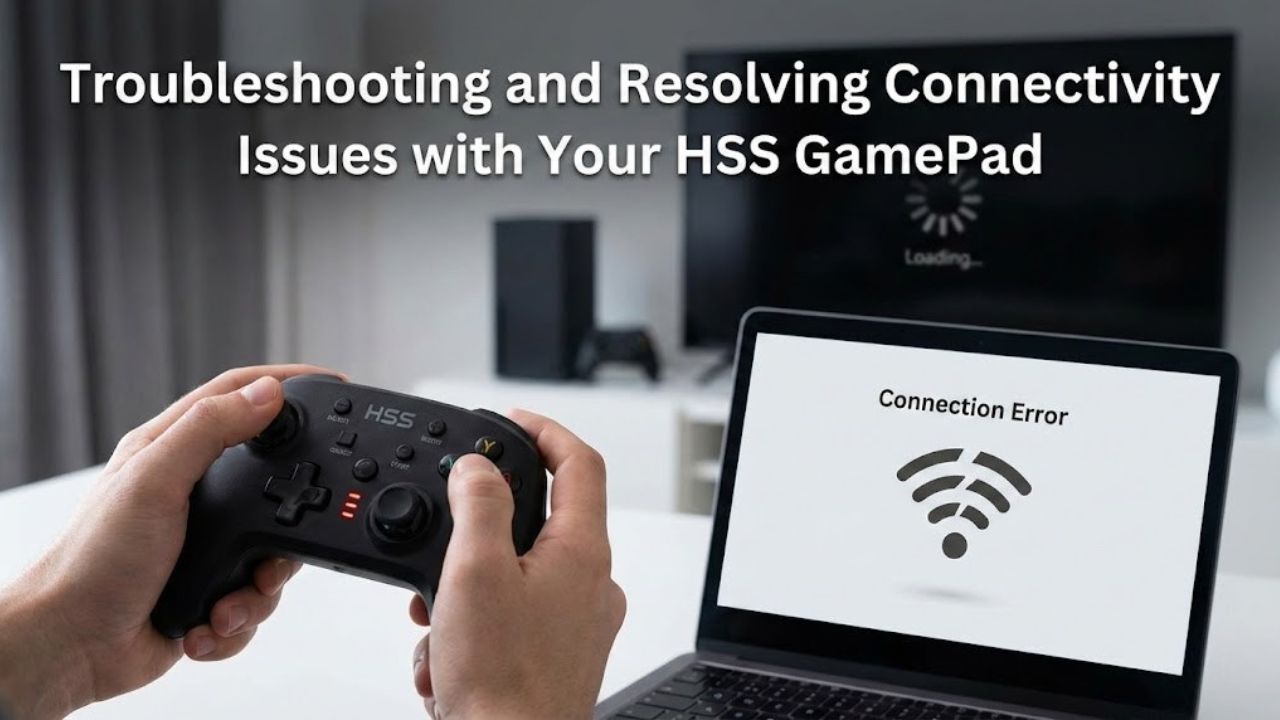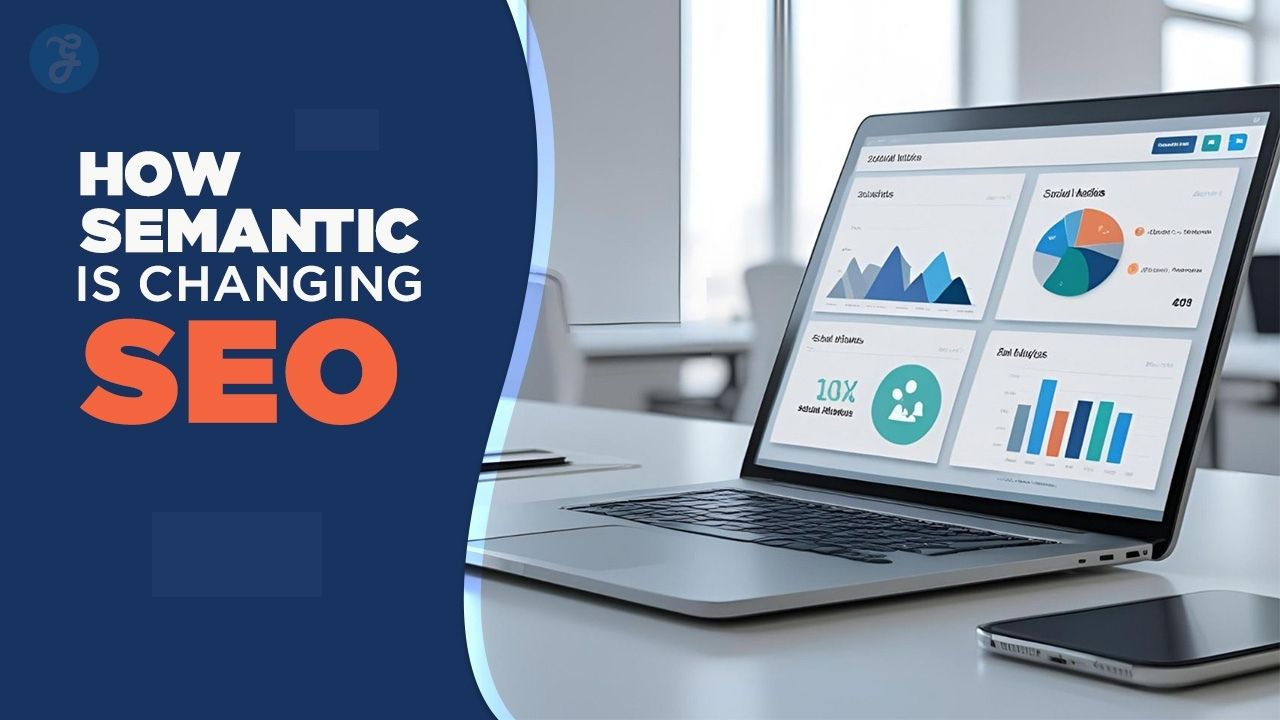Many supply chain managers pull their hair out over missing data, lost packages, and slow paperwork. Logistics Platforms That Use Blockchain For Transparency tackle these issues head on.
A leading study found that blockchain technology can cut paperwork by half and boost real-time tracking.
This guide lists 10 top picks, from smart contracts to sensors. We look at tools like Hyperledger Fabric and ERP software to boost data integrity. You will see clear steps to fix blind spots, cut delays, and stop fraud.
Ready for the list?
Key Takeaways
- A leading study found that blockchain can cut logistics paperwork by 50% and boost real‑time tracking with IoT sensors and AI.
- IBM Blockchain on Microsoft Azure tracks pharmaceuticals and fresh foods with permissioned ledgers and smart contracts, cuts cold‑chain failures, and links ERP data for clear provenance.
- TradeLens runs on a permissioned blockchain, uses IoT devices at checkpoints to track containers, speeds customs clearance, and helps shippers avoid demurrage fees.
- VeChain, Provenance, CargoX (launched 2018), Everledger, OriginTrail (2013), ShipChain, Chronicled (2014), and dexFreight use smart contracts, QR/RFID tags, and distributed ledgers to boost traceability, ethical sourcing, and prevent fraud.
IBM Blockchain: Driving Supply Chain Visibility
IBM uses blockchain technology on Microsoft Azure cloud to track pharmaceuticals and fresh foods. It secures data with permissioned distributed ledger records. Shippers use smart contracts to log each handoff.
Sensor devices supply real-time tracking of temperature, location, and time. AI analyzes the feed for anomalies and flags potential fraud.
The platform boosts supply chain transparency and data integrity across global supply chains. Logistics teams see delays at once and cut cold chain failures. This digital solution links enterprise resource planning setups and logs bills of lading.
Suppliers gain clear provenance tracking and improve ethical sourcing.
TradeLens: Transforming Global Shipping Networks
TradeLens uses a permissioned blockchain network. The platform tracks containers in real time. It cuts paperwork, speeds transactions, and lowers costs. Users see blockchain network entries at each checkpoint.
IoT devices feed in temperature, location, and humidity. This tool adds supply chain transparency, reduces risks, and boosts efficiency.
Secure Container Release uses smart contracts to share documents. Customs agents get instant updates on release orders. Carriers and ports read data on the distributed ledger. Shippers avoid delays and demurrage fees.
The network helps freight forwarders, terminals, and carriers with supply chain management. It adds fraud prevention, boosts data integrity, and speeds collaboration.
VeChain: Enhancing Product Traceability
This system uses IoT sensors and radio tags to map each move. It logs data on a permissioned distributed ledger driven by blockchain technology. Users tap into real-time tracking across the logistics industry.
Smart contracts slash clerical errors and fraud.
Manufacturers embed a matrix barcode for provenance tracking on every box. Scanners pick up the tag and lock the record into the immutable ledger, boosting data integrity. That builds supply chain transparency and resilience.
Global partners share a clear digital record of each load.
Provenance: Verifying Ethical and Sustainable Practices
Provenance tracks every step of a product on an immutable ledger. The platform links QR code scans, RFID tags, and IoT sensors to records on a blockchain network. It flags items that use fair labor and green methods.
Supply chain transparency rises while ethical sourcing gets real. Stakeholders spot fraud faster and clear bottlenecks.
Smart contracts automate checks at each handoff. They cut delays and trim risks in supply chain management. Real-time tracking tools alert teams to holdups. Distributed ledger entries build trust among partners.
Sharding on Layer 1 and sidechains on Layer 2 boost transaction rates. Stakeholders get data that fuels corporate social responsibility.
CargoX: Revolutionizing Digital Shipping Documentation
CargoX started in Slovenia in 2018. A digital courier for documents now bridges ports and global lanes. The firm uses Blockchain Document Transfer on a distributed ledger. No papers pile up in warehouses.
Users spot every bill of lading with real-time tracking. This method boosts supply chain transparency and data integrity.
Smart contracts and cryptocurrency power each exchange. Layer 1 consensus tweaks and sharding join sidechains to boost throughput. Shipment tracking data zips along blockchain networks.
Fees shrink in supply chain management as docs dash across distributed ledger rails. Costs fall and trade speeds jump. CargoX fuels digital transformation in logistics as docs zoom like messages in an email thread.
Everledger: Securing Supply Chains with Blockchain
Everledger secures supply chains with transparent blockchain ledgers. Each asset record lands on Hyperledger Fabric, hosted on Amazon Web Services. The system logs every transfer as a block on an immutable ledger.
Sensors feed data through Thingstream so users see real-time tracking. Smart contracts handle each handoff, so paperwork ends. This setup slashes fraud, boosts data integrity, and raises supply chain transparency.
Partners include insurers, banks, and regulators. Everledger drives collaboration across global networks. It cuts risk in high-value goods like gems, wine, and art. The model echoes Deloitte’s shipment tracking and BioTrack & Trace for trial samples.
The distributed ledger scales with blockchain adoption and fortifies supply chain resilience. It makes provenance tracking a breeze.
OriginTrail: Building Decentralized Supply Chain Networks
OriginTrail started in Slovenia in 2013. It runs on a distributed ledger that uses blockchain technology. The network links shipping firms, producers, and regulators. It uses smart contracts on Ethereum and integrates internet of things sensors.
This system cuts paperwork in half, speeds transactions, and lowers costs across global operations. It boosts supply chain transparency and data integrity at every step.
The platform links with IPFS for data storage and uses AI tools to flag anomalies. It enables provenance tracking and real-time tracking of goods on its immutable ledger. Teams share proof of origin and ethical sourcing details as goods move.
This approach cuts risks, stops fraud, and fosters stakeholder collaboration. Users get up-to-date status updates that improve supply chain management.
ShipChain: End-to-End Logistics Transparency
ShipChain logs every handoff on an immutable ledger. Companies link IoT sensors and GPS devices with smart contracts, a move that taps blockchain technology across the route. They stream real-time tracking info to all involved parties, so no one misses a beat.
This setup cuts paperwork, speeds transactions, and lowers costs by up to 30 percent in some fleets. Like a hawk on the wind, clients see each shipment move through global ports.
Clients rely on machine learning models and online dashboards for fraud prevention and data integrity. Managers gain situational awareness in supply chain management via automated alerts.
Smart contracts trim clerical errors by matching delivery receipts with invoices. That boost in supply chain transparency helps with ethical sourcing and provenance tracking. A shipper once said, “I can sleep at night now.
Chronicled: Improving Trust in Logistics Transactions
Chronicled launched in 2014 and powers pharmaceutical shipments with a distributed ledger. The platform uses smart contracts and a peer to peer network to log every move. It gives real time tracking that cuts fraud and boosts data integrity.
Blockchain technology curbs supply chain risks and builds trust among partners. It links internet of things devices and AI for clear insights. Labs, shippers and regulators share one digital record for full supply chain transparency.
dexFreight: Streamlining Freight Management with Smart Contracts
dexFreight runs a P2P shipping marketplace on a distributed ledger. It cuts clerical errors with smart contracts that automate shipping agreements. Shippers and carriers shake hands on code, not paper, and sail past logjams.
Blockchain technology speeds processes, lowers costs, and slashes paperwork. Partners gain real-time tracking, supply chain transparency, and fraud prevention across global lanes. Drivers scan cargo with a smart sensor, and logistics teams watch every move.
A telematics link ties data into ERP platforms, boosting supply chain resilience.
Takeaways
These ten platforms turn blockchain tech into crystal-clear trails across supply chains. IBM chain boosts visibility, while the Trade Lens platform links ocean routes. V‑chain lets users track origin, and Provenance checks ethical sourcing.
Cargo Exchange cuts red tape, Ever Ledger keeps data safe, Origin Path builds peer‑to‑peer webs. VesselChain and Chronicled guard documents, smart contracts and IoT sensors tie it all.
dFreight wields contracts to slay delays. This mix shows how new tech fights waste and fraud, lights the path for tomorrow’s shipping.
FAQs
1. What is blockchain technology in global supply chain management?
It acts as a distributed ledger, logging each move of goods. This adds data transparency, supports supply chain optimization, and builds supply chain transparency. It’s a key application of blockchain in the logistics industry.
2. How do smart contracts and real-time tracking improve shipment tracking?
Smart contracts work like digital gates that open when goods pass checks. Internet of things (iot) sensors feed real-time tracking data. This cuts delays and makes shipment tracking precise.
3. How can blockchain prevent fraud and greenwashing?
An immutable ledger locks every update, and provenance tracking tags each item’s origin. No one can cook books or slip in false eco claims. It shines in fraud prevention and boosts ethical sourcing.
4. What about food safety and food traceability?
Platforms record each farm stop and each pack scan. That way, tainted goods pop up fast. It raises food safety, food traceability, and aids environmental, social, and governance goals.
5. Why do some firms face blockchain adoption challenges?
They wrestle with old legacy systems, fear data security gaps, and dread large ERP updates. Resistance to change and extra costs slow them down. It’s far from a cakewalk.
6. Which platforms lead in container shipping and last mile transparency?
A global tech firm links internet-of-things sensors to a public blockchain, it speeds up customs and secures logistics services. A retail chain maps each last mile stop, cuts carbon footprints, and builds supply chain resilience.


